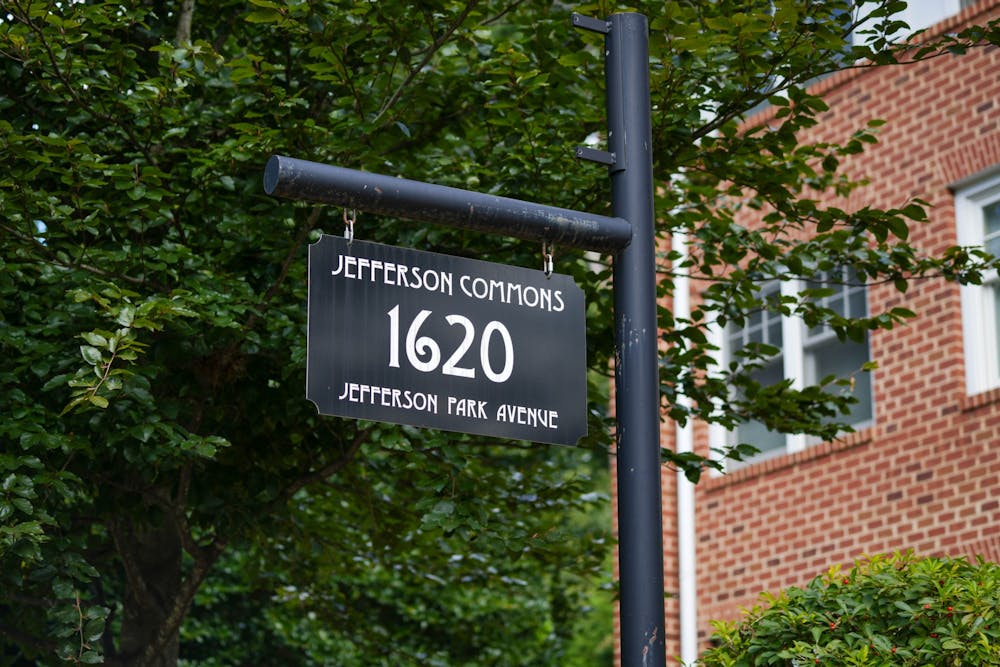Imagine you are a first year again. Or, if you are one like me, take some time to reflect on these past few months. Was it what you expected it to be? Before I first arrived on Grounds, I spent a lot of time wondering about my soon-to-be college life. I imagined taking classes that sparked my curiosity, spending weekends exploring Charlottesville with friends and most of all, settling into a place that I would call home for the next four years. Finding housing for my second year never crossed my mind. While some parts of college serve as points of growth, struggling to find housing within the first few months of college is not one of them. Housing and Residence Life can do more to help first years ease into a fast-paced and stressful housing process they are not prepared for.
The off-Grounds housing market is difficult for first years to navigate. While upperclassmen are already familiar with signing a 12-month lease in the fall, a first year fresh out of high school is less likely to know how to approach the lease signing process, leaving unwanted surprises for the spring. Furthermore, the consequences of breaking a lease may not be apparent to the average 18 or 19-year-old. If plans change, for example, a student signs a lease in October but later in March becomes an resident advisor from the application process happening right now, HRL will not be able to help the student transfer their residency to on-Grounds. Only in some cases, with the agreement of the landlord, may the student find a second person to take over their lease. Breaking a lease is not cheap due to termination fees, yet first years thrown into this process may find themselves forced to do so regardless. On top of rising college tuition and other expenses students must pay to stay in Charlottesville, this is a burden that no undergraduate, especially a first year, should have to face. HRL should alert first years sooner about the current competitive off-Grounds housing situation and make clear that on-Grounds housing is an alternative that provides more options and time.
As someone who has the in-state relationships formed from attending high school in Virginia, and the out-of-state distance between my family and I, I have been able to relate on a personal level with different groups involved. Having high school friends to go through scheduling apartment tours with Charlottesville landlords makes the experience a little less daunting. Yet, committing to roommate groups with people I have just met miles away from home is still not easy. Although HRL has hosted an informational webinar introducing upperclassmen on-Grounds and off-Grounds housing options, out-of-state and international first years need more than just a list. There are ways for HRL to lighten this burden, though. Perhaps HRL can provide drop-in office hours for first years to discuss their specific housing issues. Above all, there must be more promotion for these information sessions and help resources so we can be as informed as possible. With recent Instagram posts on housing receiving minimal attention, perhaps Resident Advisors can promote HRL resources in halls to further reach. Furthermore, information introducing and comparing Charlottesville tenant laws versus those in other states and countries would be especially helpful for out-of-state and international students. HRL should increase promotion on resources about housing options so first years are more informed about the stressful status quo.
A two-year living requirement as proposed in Jim Ryan’s 2030 Strategic Plan may mitigate the pressure that first years feel about housing. Not only would it generate a stronger undergraduate community and better prepare first years for the real world as Opinion Columnist Riley Lorgus argues, a simple yet powerful benefit is that it is easier. Indeed, allowing but not mandating upperclassmen to live on-Grounds is not enough. Taking away the need to choose housing for next year leaves us with critical time to focus on clubs, studying for classes and meeting new people — things we expected to and should be doing more as first years. However, given the current situation with mold in first-year dorms, I give this suggestion with a caveat. A two-year living requirement should only be used as a solution to solve the first-year housing crisis if the University has enough resources to create safe upperclassmen housing.
For first years, having to find housing for next year has disrupted our adjustment to college life. Having too many choice in a period of adjustment leads to pressure to scramble for high-commitment and high-risk leases in our first semester with limited information. A two-year living requirement will reduce this stress surrounding the scramble for second-year housing while also creating a stronger University community. In the meantime, HRL should increase awareness of the status quo early housing process so first years can better equip themselves on their new journey in college.
Songhan Pang is a Viewpoint Writer for The Cavalier Daily. She can be reached at opinion@cavalierdaily.com.
The opinions expressed in this column are not necessarily those of The Cavalier Daily. Columns represent the views of the authors alone.







